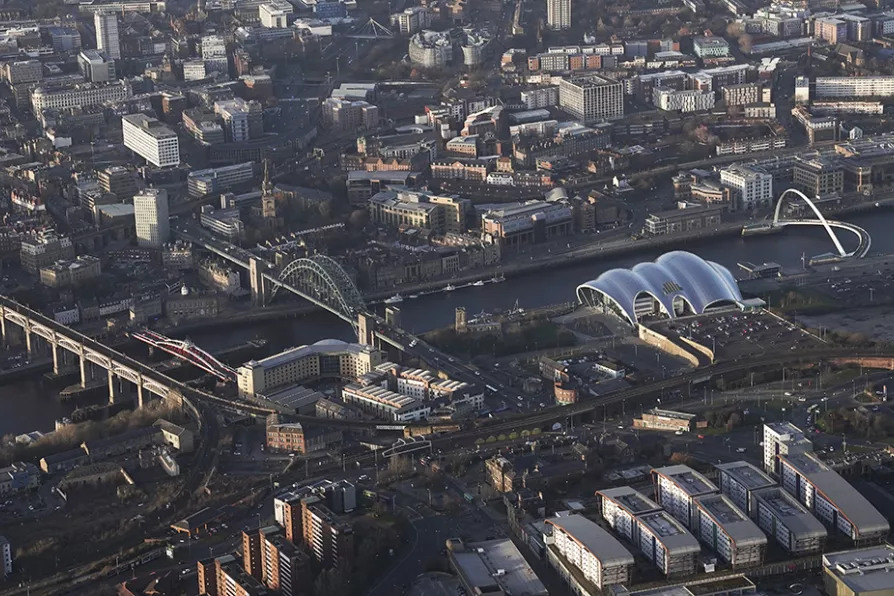The language of humiliation is a step towards a second civil war, argues RAMZY BAROUD

 An aerial view of (from the left), High Level Bridge, Swing Bridge, Tyne Bridge and Gateshead Millennium Bridge, which span the River Tyne in Newcastle. The North East looks set to become the latest area in England to come under local restrictions as coronavirus cases rise
An aerial view of (from the left), High Level Bridge, Swing Bridge, Tyne Bridge and Gateshead Millennium Bridge, which span the River Tyne in Newcastle. The North East looks set to become the latest area in England to come under local restrictions as coronavirus cases rise
THIS weekend would ordinarily have seen tens of thousands of Labour members heading to Liverpool to our annual conference.
2020 however has been a far from ordinary year. Indeed, as I write this I do so from a north-east that has had fresh restrictions imposed after cases of coronavirus reached worrying levels.
Labour Conference has been replaced with an online version — and many people are left worrying about what might happen next.

Working-class women lead the fight for fair work and equitable pay and against sexual harassment, the rise of the far right and years of failed austerity policies, writes ROZ FOYER

All the areas that cause working people to feel insecure have to be addressed, through a return to unashamedly pro-worker politics, if the horror of a Farage government is to be avoided, writes IAN LAVERY MP

Labour’s watered-down legislation won’t protect us from unfair dismissal or ban some zero-hours contracts until 2027 — leaving millions of young people vulnerable to the populist right’s appeal, warns TUC young workers chair FRASER MCGUIRE

Tackling poverty in Scotland cannot happen without properly funded public services. Unison is leading the debate









